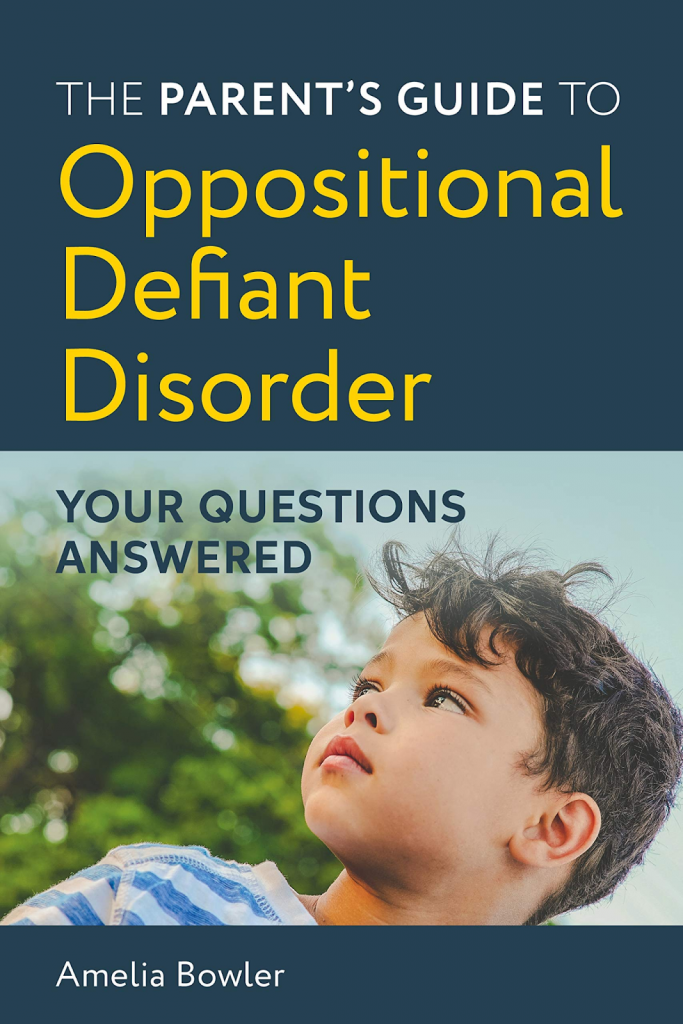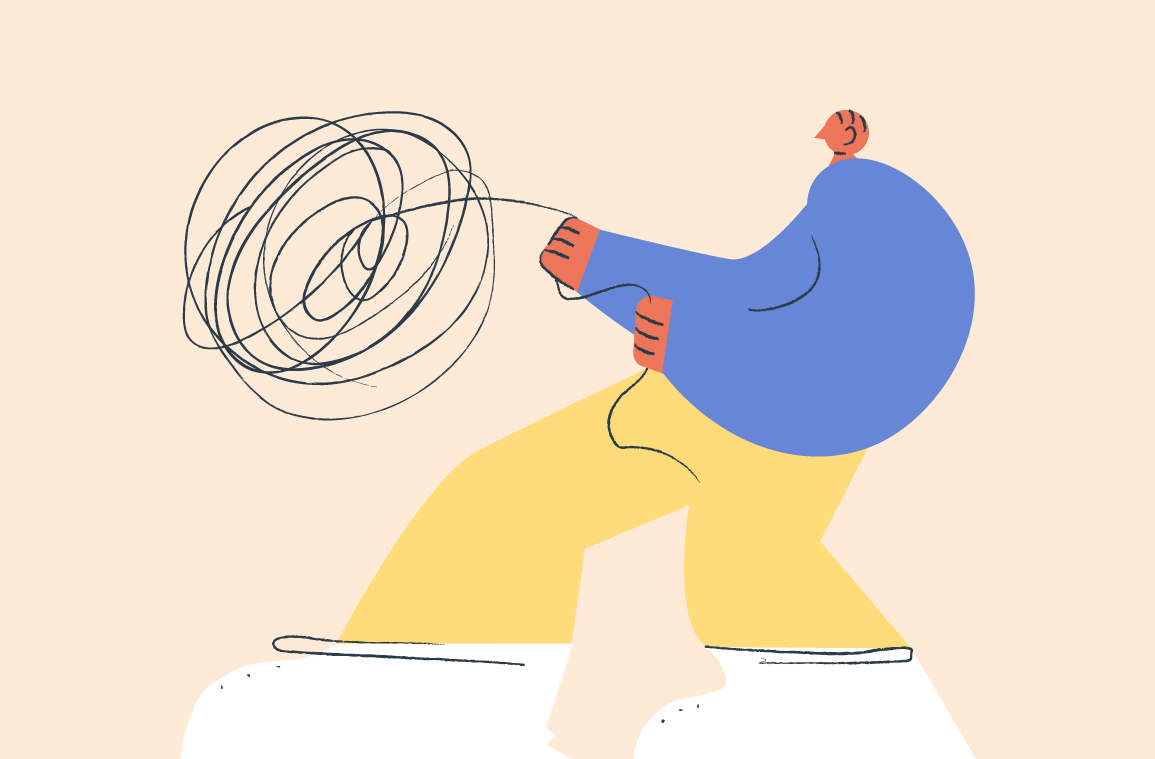You might be experiencing some behavioral issues with your child or teen and wondering where to turn for help. Perhaps it hasn’t been deemed a mental health concern by your doctor, but you do feel like you need some new strategies and guidance with parenting. You might have heard of professionals that are child behavior specialists but wondered, ‘what does a child behavior specialist do? And can they help me with my parenting challenges?’
Sometimes young people are referred to a mental health professional for talk therapy. While this can be helpful in many situations, sometimes what is needed is for caregivers and parents to have someone coach them to help with implementing changes in the child’s day-to-day environment in order to see changes in their child’s behavior. Your family physician may be able to help you decide what sort of professional you should be working with depending on the presenting challenges/symptoms. This should always be your first stop when you have concerns about your child’s behavior or development.
One-on-one and individualized coaching for parents can complement the work a mental health professional is doing directly with the child. There are many trained professionals that are child behavior specialists, such as child psychologists, clinical consellors or behavior analysts with expertise in this area. If you’re less familiar with the latter, behavior analysts (International Behavior Analyst -IBA or Board-Certified Behavior Analyst, BCBA) are professionals who help teach new skills, understand behavior and use this understanding to create positive behavior changes for their client.
This blog post will specifically illuminate the perspective and role of behavior analysts as child behavior specialists. There is no official credential for a ‘child behavior specialist’ but rather there are different professionals coming from different perspectives and frameworks that may specialize in child behavior through their particular theraputic lens and therefore be considered a child behavior specialist in their field.
What does a child behavior specialist do and who are these professionals anyway?
A behavior analyst (IBA, BCBA) is a behavior specialist that works from the science of behavior analysis. This is a science that has empirical data to show efficacy in a wide variety of fields including:
- Education
- Human services and organizational management
- Environmental sustainability
- Smoking cessation
- Special education and developmental disabilities
- K-12 school engagement and behavior intervention
IBAs and BCBAs have completed either a doctoral or master’s degree with specific coursework requirements as well as 1,500 of supervised fieldwork hours.
While there are a variety of degree programs that qualify, the coursework specifics are regulated. One is certified as a BCBA by the Behavior Analyst Certification Board (BACB). Some states have their own licensure policies for BCBAs in addition to them being certified by the BACB. Behavior Analysts around the world can be certified as an International Behavior Analyst through the IBAO.
Some behavior analysts gain expertise in specific areas. While all are trained on the core elements of behavior analysis, there are additional tools that some behavior analysts may gain to become child behavior specialists. This may include additional training in child development, trauma-informed practice, neurodivergent diagnoses such as ODD, ADHD or anxiety and depression or other tools for intervention such as Cognitive Behavior Therapy, Dialectical Behavior Therapy or Acceptance and Commitment Training.
How Might a Behavior Analyst’s Skill Set Help Me and My Child?
Behavior analysts seek to understand behavior from an environmental and contextual perspective and work with families to make adjustments to support positive behavior change for the individual. Behavior Analysis is the science of human behavior and learning.
Behavior analysts can meet a wide variety of needs including:
- Parent coaching for general parenting concerns
- Remedial reading
- Efficient and effective academic instruction
- Social skill development
- Life skills instruction
- Establishing healthy routines for families
What Does A Behavior Analyst or Child Behavior Specialist Do?
Behavior Analysts consider the context in which behavior is occurring. Human behavior can be shaped by the responses we get from the environment in which we exist. This includes responses from other humans, our own reflexes, and other aspects of our physical environment.
Behavior analysts examine the patterns of behavior that are typical in the client’s environment. We look at patterns that typically precede and follow a behavior to indicate why a behavior is happening, rather than blaming challenging behavior or deficits on the client. Behavior analysts adhere to a behaviorist perspective.
When analyzing the context of the client, Behavior Analysts use data to inform their decision-making rather than creating hypothetical reasons for why a behavior is happening.
Behaviour Analysts seek to determine why a behaviour is happening before starting a treatment or intervention. Without understanding the function (i.e., the WHY) of a behavior, we won’t be able to create an effective and efficient treatment plan.
These are just a few of the underpinnings of the Behavior Analytic perspective that helpful for parents and other consumers of Behavior Analytic services to know about. You deserve to have an understanding of the perspectives underpinning the work of any of the professionals you have working with your family.
I encourage you to ask questions about the philosophical and empirical foundations of the work being done by the professionals you hire, as well as the research base behind their methods. As a consumer of services, these are things you deserve to know.
FAQs
1. How is a behavior analyst different from other professionals in related fields (e.g., psychology, social work, mental health counselors)?
Recently, I was speaking with some friends who were looking for a professional to help their pre-adolescent child who was experiencing some somatic symptoms related to mental health issues.
The one thing I recommended to them was to ensure they were able to be involved in the process of supporting their child. I encouraged them to ask to be part of the treatment plan and request to be coached on how to support their child outside of the therapy sessions.
The young person might see the school psychologist at their high school, but how is the parent to know how they could set up their interactions with their child to support them through the therapeutic process?
Of course, the privacy of the young person needs to be respected. However, with their assent, families can be involved in the coaching process to help generalize what has been learned with a therapist in their office to the home and community settings.
Behavior analysts take a broad view of who the ‘client’ is. By also coaching, equipping and empowering the families and other caregivers that are in the daily life of the individual receiving services, we increase the likelihood that new skills will be maintained over time and treatment gains will last.
The reason for this approach is because the adults and family members surrounding the individual are part of their context. Often in order for their behavior to change, and maintain change, it takes those around them to change their behavior too.
This is why a behavior analyst may take a slightly different approach to other professionals and can be a great complement to a team if you are already working with someone who is delivering talk therapy to your child.
Related Read: What Is Online Parent Coaching, And How Can It Help Me?
2. Can a behavior analyst help young people with ADHD, ODD or other related special needs?
Absolutely. Behavior analysts are specialists in behavior so are interested in what is going on in the context of the individual rather than a specific diagnosis. They look less at a specific label and more about what skills someone might be lacking, why they might be struggling due to these lagging skills and how their context is contributing to certain skill deficits.
Behavior analysts don’t blame the client for what’s going on, they seek to understand and adjust the contextual factors that are contributing to concerning skill deficits or challenging behavior.
Amelia Bowler is a BCBA and parent of a child with ODD. She specializes in supporting individuals with ODD and has written a great book about it.

3. Why would I choose to hire a child behavior specialist who is a behavior analyst?
Due to behavior analysts taking a broad view of what client means, they aim to support everyone that is the recipient of services. This might also include the family members of the referred individual.
This is because they seek to create sustainable and lasting behavior change, which means ensuring that those who are in the daily life of the individual have been coached and know how to continue to support the person once behavior analytic services are finished.
As a parent or caregiver, you will be coached and equipped with the skills you need to support your child once the behavior analyst leaves. This capacity-building approach is unique in comparison to some other related fields and makes the positive changes gained more likely to last over time.
A behavior analyst is trained to assess and analyze why a behavior of concern is occurring and then put into place various teaching strategies and interventions to develop new skills and perhaps also reduce challenging behavior that is interferring with the qulaity of life of the client.
They are trained to help individuals gain new socially-significant skills that will be meaningful to the self-determination and improved quality of life for that person, family or client. Behavior Analysis applies to a wide variety of needs as it is based on the science of human behavior.
For example, a behavior analyst could support with helping individuals improve their social and communication skills, develop life skills, improve family routines, reduce challenging behavior or support remedial literacy development.
Direct support to parents is what sets behavior analysts apart from some other professionals. Parent coaching and capacity building is often central to the services of a behavior analyst. They seek to support parents in learning the skills they need to create sustainable, meaningful and positive change in their family’s lives.
Behavior analysts can also specialize in specific areas such as addressing substance abuse, geriatric behavior, supporting individuals with Acquired Brain Injury, organizational behavior management, vocational safety training, and population-level behavior change for environmental conservation.
There is a wide variety of ways that working with a behavior analyst could meet your needs, even beyond parenting support.
4. How can I hire a child behavior specialist?
Access to behavioral health services is growing but still limited in many countries. Funding is entirely dependent on where you live. While the autism community has gained access to behavior analytic services through social services, government institutions, or private insurance, but others are left to pay out of pocket.
You can search the BHC FindXpert network for a beheavioral health professional who has expertise in child behavior. Here you can find all sorts of professionals who are child behavior specialists of various backgrounds such as occupational therapy, behavior analysts, speech and language pathologists and others.
If a family wants to hire a counsellor but lacks extended health benefits, they are paying via a fee for service model. The same is true for most families or adults accessing behavior analytic services without specific diagnoses like autism.
Check with your local, state or provincial family and child social services to see if there are any publicly funded programs with even limited access to behavior analytic services. Sometimes children and adults with developmental disabilities may have access to behavior analytic services through their social workers.
For mental health professionals, always check your family’s extended health benefits to see if you have converage for psychological or counselling services. Alternatively, there may also be publicy funded services in your area. For sliding scale mental health services, check Open Path.
The Bottom Line
Behavior anlaysts are behavior specialists who are specifically trained in the science of behavior and learning to understand their client’s context and what is contributing to challenging behavior and related skills deficits.
Behavior Analysis is also the science of human learning, so behavior analysts can also help with skill development such as remedial reading or other academic instruction.
Related Podcast: Teaching Social Skills To Neurodivergent Girls (with Gabrielle Stigant, Behaviour Analyst, Private Practice)


